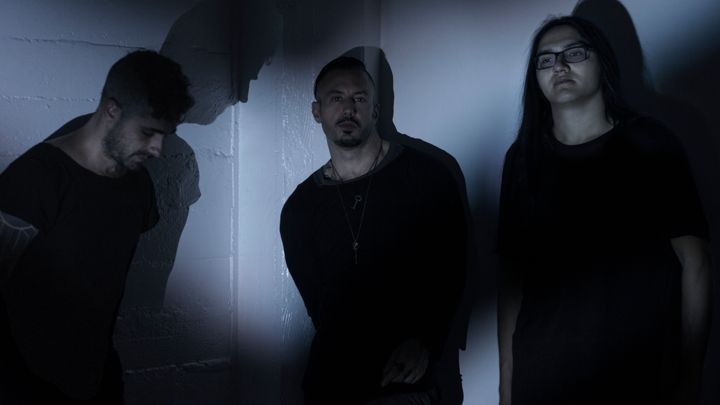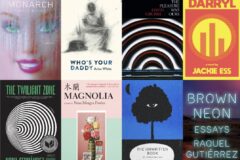Release Date: January 29, 2016
Label: BLACK QUEEN
If you’ve ever considered the Dillinger Escape Plan’s recent output and wondered whatever happened to the genre-bending ambition that made 2007’s Ire Works one of the best extreme metal albums of the 2000s, you’re not alone. It’s not as though the New Jersey innovators became complacent on 2010’s Option Paralysis and 2013’s One of Us Is the Killer, but the anything-goes ambition of Dillinger from a decade ago has been streamlined into a more comfortable amalgam of the band’s uniquely aggressive sounds. They’re playing to the metal and hardcore fans, and not the critics, which is fine in its own right, but as strong as the band still is, their music currently lacks that old magic.
But one reason Dillinger have focused on a much harder sound is because certain band members have simply found other outlets for more ambitious side projects that fall outside the “math-metal” umbrella, namely vocalist Greg Puciato, who has stayed plenty busy with such bands as Spylacopa and the sludge-metal supergroup Killer Be Killed. What might turn out to be Puciato’s most fruitful endeavor outside Dillinger, however, is the Black Queen, a trio featuring himself, Joshua Eustis of electronic act Telefon Tel Aviv, and Puciato’s friend and fellow musician Steven Alexander. With no regard for outside musical influences, the three peers draw inspiration from the surreal, dystopian atmosphere of downtown Los Angeles after dark, attempting to create a futuristic sound Puciato has described as “a brutalist Jimmy Jam and Terry Lewis.”
The notion that the music is futuristic is debatable, but Fever Daydream is a surprisingly assured debut that, at the very least, evokes electronic music of the past and present. “Ice to Never” is the finest example, cunningly blending an array of sounds — Vangelis, Giorgio Moroder, late-‘80s R&B, IDM — to create a sumptuous, modern hybrid. It’s the kind of lean yet vibrant arrangement that begs for a strong R&B voice, but to his credit Puciato turns in the best singing performance of his career, showing more depth on record than he has ever before.
The gothic overtones of “Silver Scream” captures the chilly electronic sounds of French coldwave music from the early ’80s, in a way similar to what Wesley Eisold has done with Cold Cave. Meanwhile, Puciato’s vocal tone naturally resembles that of Trent Reznor, so to hear him crooning seductively over an icy arrangement will immediately elicit comparisons to early Nine Inch Nails. Most interestingly, though, is how as the record goes on, the more minimal the music feels, to the point where the gently skittering and thrumming arrangements, coupled with Puciato’s falsetto, begins to resemble the work of Canadian cult heroes Junior Boys. It’s a testament to this sneakily charming album that songs like “The End Where We Start,” “Maybe We Should,” and “Apocalypse Morning,” while bearing a very strong resemblance to the work of Junior Boys’ dreamy electro-pop, are so well executed that it’s difficult to bicker about how derivative it is or isn’t. At the very least, it’s encouraging to know that while the Dillinger Escape Plan take fewer risks as a band, at least one member remains resolutely fearless.





